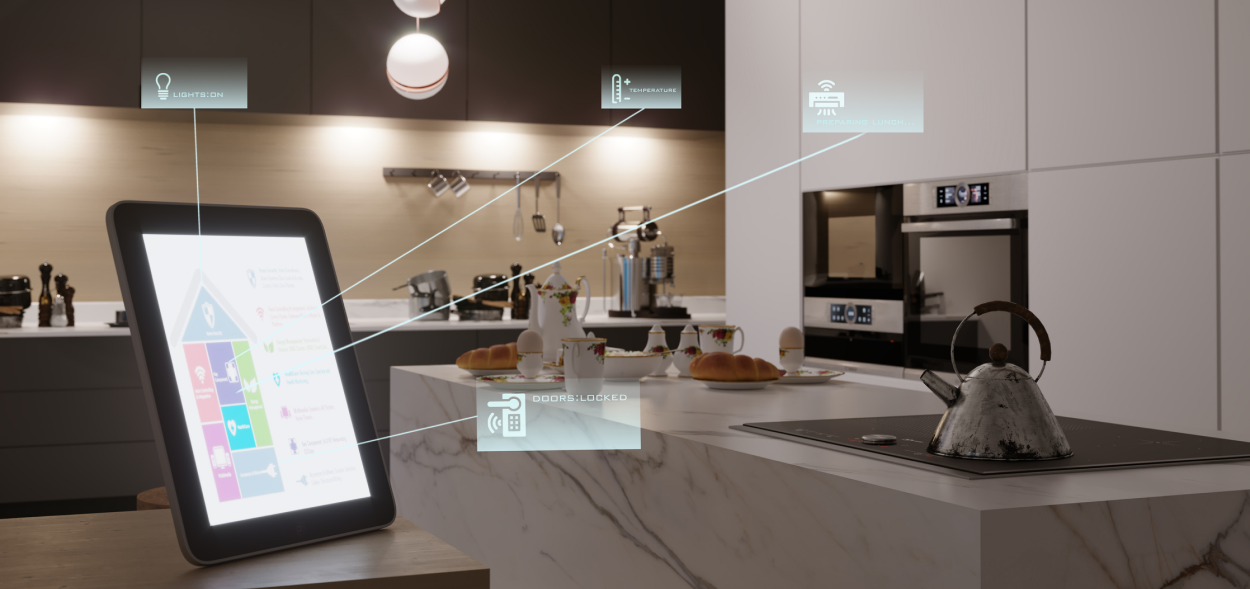

Considering Battery Storage for Solar? 7 Questions to Ask
Thinking about adding a battery to your solar system to store the excess power your panels produce? As severe weather events and power safety shutoffs prevail, now is a great time to make that smart investment. But you'll want to ask yourself a few questions first to make sure that you get the right home battery backup system to meet your needs.

In This Article
Do I Really Need to Add a Battery to My Solar System?
What Do I Need to Power During an Outage?
Will I Use a Solar Battery to Charge My Electric Vehicle (now or down the road)?
Have I Installed an Energy Intensive Feature Like a Pool (or do I plan to)?
Am I Affected by “Time of Use” Rates?
What Factors Go into Correctly Sizing My Battery Backup System?
Is My Home Battery Storage System Eligible for State or Federal Incentives?
1. Do I Really Need to Add a Battery to My Solar System?
The short answer is: If you want to take advantage of the benefits of solar power even when the sun isn’t shining or the power grid is down, you’ll need battery storage for your solar electric (or photovoltaic) panels. If you live in an area that implements time-of-use (TOU) rates, the amount you pay for electricity will vary depending on the time of day you use it. By installing a home battery backup system, you can use your battery during peak demand hours to send any power you’re not using back to the grid, and receive more credits on your electricity bill for doing so.
2. What Do I Need to Power During an Outage?

The amount of backup energy you’ll have varies depending on several factors, including:
- How much power your solar system is producing
- How much solar energy your household consumes
- How much energy is stored in the solar battery
- What you are powering during the outage
The more power you’re consuming, the less time your backup power supply will last. So, we recommend avoiding high consumption appliances, such as multiple air conditioning units or other large appliances, for long periods of time.
If you want to be able to power certain things during an extended outage, such as your Wi-Fi modem, fridge, and electric furnace, use Sunnova’s battery duration tool to get an idea of how much home battery storage you might need to power your essential and large appliances.
You’ll also want to speak with a professional about your needs. You can start by requesting a no-obligation quote here.
3. Will I Use a Solar Battery to Charge My Electric Vehicle (now or down the road)?

The step from a solar system with battery backup to an electric vehicle (EV) is not a huge one. If you care about affordable energy and sustainability, these are all for you. But electric vehicles use a lot of power — whether you’re using solar power you generate yourself or pulling electricity from the grid. In fact, an EV could deplete your entire solar battery if you’ve only planned for enough storage to power your home in between charges.
If you have an electric vehicle — or want to get one — you should have a plan for charging it. And if you want to use solar power to charge your EV at night, make sure you have enough backup energy to do so. With home battery storage, you can also charge your EV during a power outage.
4. Have I Installed an Energy Intensive Feature Like a Pool (or do I plan to)?

Failing to account for a major energy user, like a pool, a refrigerator, or one of another many things that has an outsized effect on your overall energy usage, can lead to a battery that’s too small. Before sizing a solar system with battery backup, use Sunnova’s battery duration tool to get an idea of what some major energy drains could be and how to account for them when planning your battery storage solution.
5. Am I Affected by “Time of Use” Rates?

Aside from electricity prices varying based on time of use, in some cases, the price may vary from season to season. Basically, customers pay less for electricity at times of the day when there is less demand on the electric grid, and they pay more for electricity during times of day when there is more demand. These are often referred to as off-peak and on-peak periods.
When you add a battery to your solar system, you can program that solar battery to power your home during on-peak hours, when the utility rate is higher. That means you can factor in those reduced costs when you’re thinking about the return on investing in home battery storage. Also, if you live in a place that has TOU rates and you need to charge an electric vehicle, it makes the most sense to charge your EV with your battery during times when rates spike.
6. What Factors Go into Correctly Sizing My Battery Backup System?
To correctly size your system, you need to know how much energy from the grid you use now. You can find that amount
on your electric bill. This will give you an idea of how much energy your home is using during times when solar
panels are not currently powering your home. That is the power that your home storage system should aim to replace.
You’ll also want to speak with your installer to see if it would be a good idea to add any additional solar panels to up the
amount of energy you capture once you can store extra power.
7. Is My Home Battery Storage System Eligible for State or Federal Incentives?

Incentives for home battery storage do exist, and vary depending on where you live. To take advantage of tax incentives, you need to own your system outright by paying upfront or through a loan, not a lease or power purchase agreement (PPA). There is one federal tax incentive — the investment tax credit (ITC) — that was extended by the Inflation Reduction Act in 2022 to include energy storage. Customers who own their storage systems may be eligible for 30% tax credit on the cost of their installed system from 2023 through 2034.
There are other state-specific and utility-specific solar battery incentives that you can apply for, ranging from property tax exemptions and tiered rebates to post-installation bill credits.
Whether you’re interested in solar plus battery storage, or adding a battery to your current solar system, Sunnova is here to help. By requesting a quote, we can connect you with an expert in your area who can help you find the right home battery storage system and reduce your solar battery cost through rebates and storage incentives.

